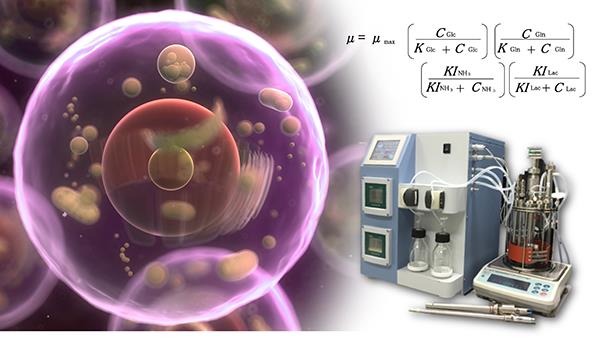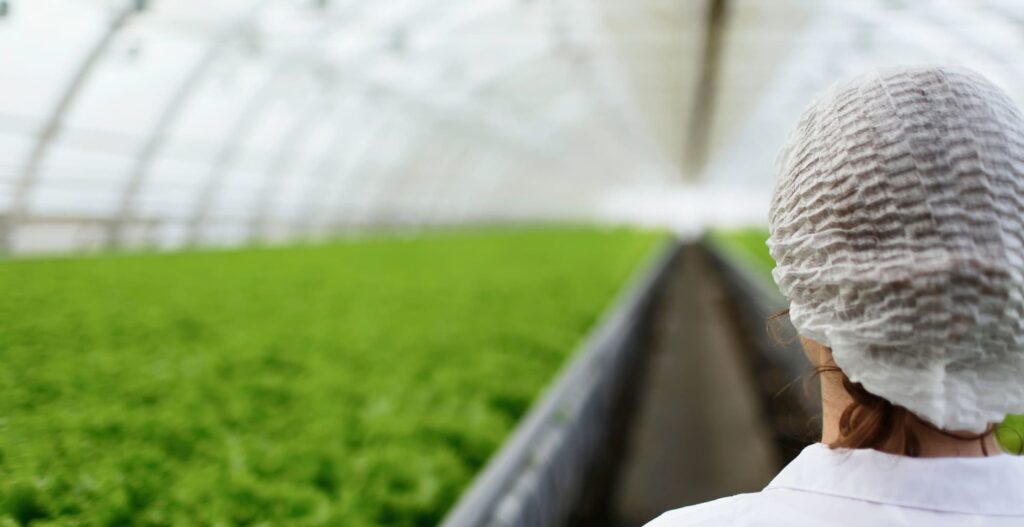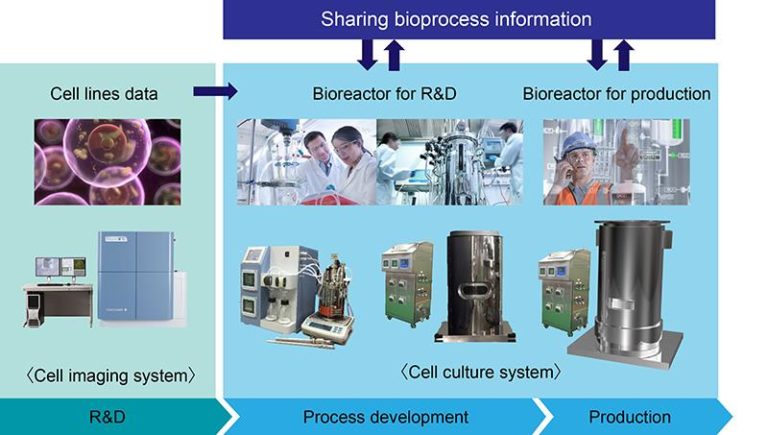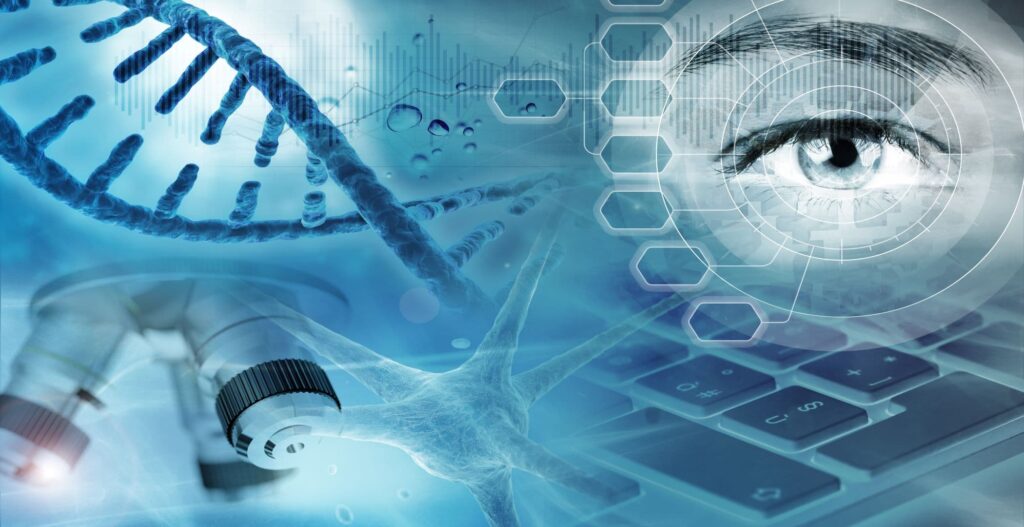Drugs produced by living cells, also-called biopharmaceuticals, are conquering the pharmaceutical market. The growing interest in biopharmaceuticals arises from their advantage over conventional chemical synthesis:
Biotechnology enables the generation of highly complex active ingredients that are used in the treatment of, for example, diabetes or uncontrolled cell growth (cancer).
Biotechnology made by Yokogawa
In the near future, Yokogawa will add new products and services to the existing capabilities in the field of this technologically innovative development. This will create significant added value for numerous biopharmaceutical companies.
What will Yokogawa contribute in terms of biotechnology?
Yokogawa stands for the development of new products and services. The aim is to optimize already available possibilities in biotechnological drug production. Consequently, this also brings significant added value to numerous biopharmaceutical companies.
For example, Yokogawa’s technologies enable cell cultivation to be carried out in a stable and efficient manner. By ensuring optimal cell conditions, high-quality production of biological “products” is also guaranteed.
Cell cultivation
When creating cell cultures, so-called explants, i.e. parts of tissue of an animal or human origin, are used. To enable proliferation (growth) and differentiation of the isolated cells, the best possible imitation of the corresponding cell environment is required. Imitation usually requires optimal regulation of specific culture parameters such as temperature, pH, and oxygen levels.
Nutrients, which must also be supplied to the cells in a controlled manner, are metabolized by the latter and converted into energy. The energy produced is in turn indispensable for the production of therapeutic antibodies and proteins.
Real-time monitoring

Thanks to mathematical modeling processes, the metabolic status of cells can be predicted. In this way, cells can be kept in a correspondingly optimal environmental milieu as a result of continuous external control. These models are in turn based on the collected real-time data regarding the number of living cells and the nutrient as well as the waste concentration of the corresponding culture.
The future of biotechnology
An increasing number of diverse industries are counting on living organisms, such as microbes or cells, to carry the future production of materials and substances to a great extent. In the energy sector, for example, the production of alcohol is based on biomaterials. The food industry is already using new strains of bacteria. And in the basic materials industry, microbial fermentation and cell cultures will contribute to the production of highly rigid yet extremely lightweight materials in the near future, according to experts.
Yokogawa has set itself the goal of making a significant cross-industry contribution to the development and realization of such biological production systems or microbial- or cell-based micro-factories with new technologies.





